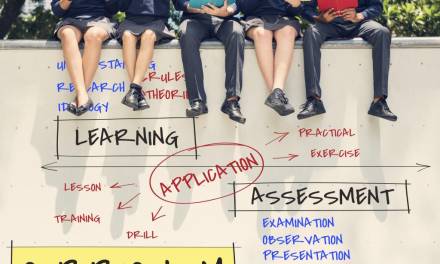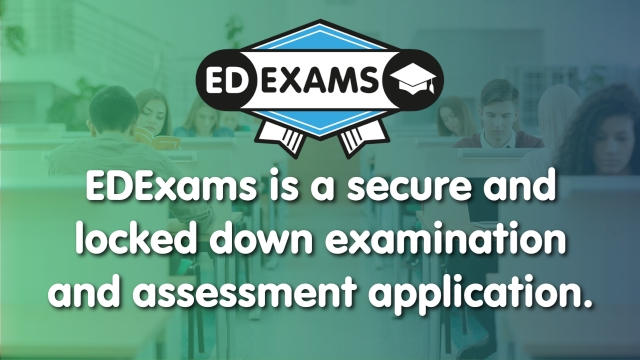SATs at KS3 level were scrapped several years ago. At KS1 level, they will no longer be compulsory by 2023.
However, they remain active at KS2, meaning that 11-year-olds just about to leave primary school will be tested, with this information feeding into school attainment tables and parents to see how schools are progressing.
Exam stress
The importance of SATs is frequently debated, with some complaining that they put too much pressure on children.
Earlier this year, The Independent reported that thousands of parents were preparing to withdraw their children from school because of concerns about their mental health, with the joint general secretary of the National Education Union (NEU) saying:
The test is just seen as dominating the whole of their lives when they are in school – and at home at the weekend and in the evenings. That can’t be right.
Performance and progression
However, SATs are used in ways that help both schools and local authorities make judgements about pupils and class standards.
For instance, they provide vital information on a child’s level prior to moving up to the next key stage. The leap between KS2 and KS3 that usually involves a move to a different school where teachers don’t know the pupil is deemed important as the tests help schools learn about their new pupils.
Critics say, though, that students are being judged on the performance of one stressful day and that SATs are therefore unhelpful.
Preparation for GCSEs
Nor have SATs disappeared entirely from KS3 – many believe that the formal classroom assessments that have replaced them are as stressful for pupils and focus on attainment rather than learning.
Even Amanda Spielman, Ofsted’s Chief Inspector, commented on KS3 in 2017 that:
Preparing for GCSEs so early gives young people less time to study a range of subjects in depth and more time just practising the tests themselves.
That said, SATs and other comparable formal tests help students prepare for the important exams they’ll take at GCSE level and beyond.
With the new, more rigorous GCSE examinations now in use, this practice could be considered vital. Is it more stressful for a child to grow familiar with testing throughout their school life or to encounter it first when it is more pivotal for their prospects?
Amanda Spielman highlighted, however, that schools and teachers felt trapped by the attainment targets set by government:
We have a highly transparent system and performance data is valuable for many purposes, including holding schools to account. But most of us, if told our job depends on clearing a particular bar, will try to give ourselves the best chance of securing that outcome.
The question of whether SATs are worthwhile, then, seems to come down more to the question of whether schools working to league tables and report cards is worthwhile rather than whether they have a positive educational impact.
As long as schools are pilloried for not achieving targets, the pressure that parents perceive their children to be under during formal assessments will continue to make headlines.











